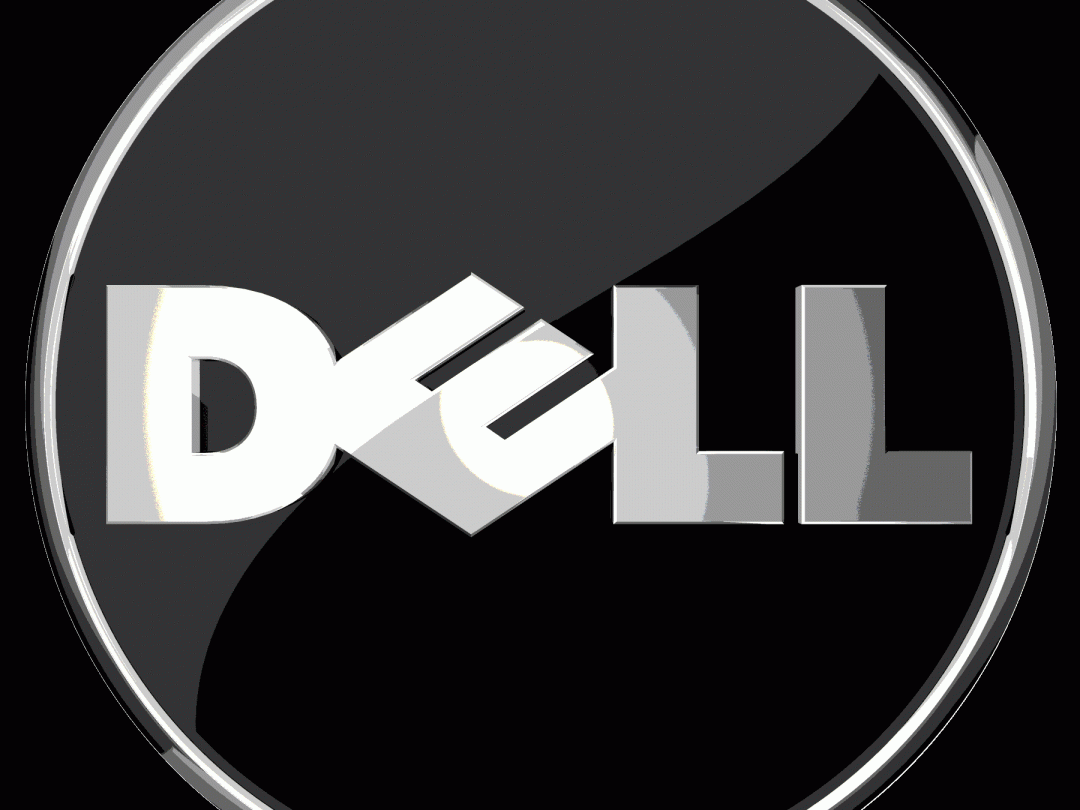Michael Dell Using Own Money to Take Control of Company
Dell wants to take control of Dell.
Bloomberg reports that Dell CEO Michael Dell is looking to gain a majority control of the company he founded in 1984 by combining his 15.7 percent stake, which is worth a meaty $3.6 billion USD, with up to $1 billion of his own personal funds in equity financing. So far Microsoft is still on board to provide part of the funding in a buyout headed by Silver Lake Management.
Unnamed sources said that Michael Dell's personal investment will push his ownership stake of Dell well past 50-percent. This will enable him to reposition the company as PC sales shrink due to an industry shift over to cloud and mobile-based computing. The company is looking to go private, eliminating the "scrutiny" and stock fluctuations associated with public trading, so that the company can focus on reinventing itself.
Bloomberg reports that between his current stake and up to $1 billion in personal funds, Michael Dell would be putting up more than half of the total $8 billion to $9 billion equity check for going private. The remainder of the takeover would be financed by debt and maybe even some of the $11 billion in cash the company said it had back in September 2012. Silver Lake and Microsoft are expected to invest between $1 billion and $2 billion each.
Unnamed sources close to the situation said that Michael Dell, the special committee formed by the company's board, and their financial advisers, Evercore Partners Inc., are finalizing the details of the equity financing. They're also making sure they have explored all avenues including selling the company to other buyers, and a possible dividend recapitalization. The committee and financial advisers are also reportedly being extra cautious due to Michael Dell's possible financial involvement to make his company private.
Silver Lake and its partners have reportedly stockpiled around $15 billion in funds for a buyout of Dell if the CEO chooses not to make a personal investment. The company's value would hover around $23 billion to $24 billion thanks to the deal. By going private, stocks will likely be worth $14 a share or less, sources said.
Contact Us for News Tips, Corrections and Feedback
Get Tom's Hardware's best news and in-depth reviews, straight to your inbox.

Kevin Parrish has over a decade of experience as a writer, editor, and product tester. His work focused on computer hardware, networking equipment, smartphones, tablets, gaming consoles, and other internet-connected devices. His work has appeared in Tom's Hardware, Tom's Guide, Maximum PC, Digital Trends, Android Authority, How-To Geek, Lifewire, and others.
-
freggo "15.7 percent stake, which is worth a meaty $3.6 billion USD,"Reply
So a Billion will get him another approx 5% for a total of about 20%
How does that 'control' the company ?
Just curious how the math works.
-
azraa 20% IS a huge share, my friend.Reply
Most shareholders have less than that, summing up to 100%
Usually the boards are made of the top % owners. -
dns7950 freggo"15.7 percent stake, which is worth a meaty $3.6 billion USD,"So a Billion will get him another approx 5% for a total of about 20%How does that 'control' the company ?Just curious how the math works.Read the article thoroughly.Reply
Quote"Bloomberg reports that between his current stake and up to $1 billion in personal funds, Michael Dell would be putting up more than half of the total $8 billion to $9 billion equity check for going private. The remainder of the takeover would be financed by debt and maybe even some of the $11 billion in cash the company said it had back in September 2012. Silver Lake and Microsoft are expected to invest between $1 billion and $2 billion each."
-
kinggremlin azraa20% IS a huge share, my friend.Most shareholders have less than that, summing up to 100%Usually the boards are made of the top % owners.Reply
No, the OP is right, once again THG fails at math.
Article says that his $1 billion investment will push his stake past 50%. If he currently controls 15.7%, which is worth $3.6 billion, then adding $1 billion doesn't push his stake to over 50%. $4.6 billions is not over 50% of 23-24 billion. -
Here is a simple example:Reply
Dell is bought for $20B fund by Michael Dell ($4B), MS ($2B), SL ($2B) and debt ($12B)
Michael Dell will then own 50% and MS and SL will each own 25%. The $12B in debt can be paid off by the cash Dell currently has. -
tokencode fugglyHere is a simple example:Dell is bought for $20B fund by Michael Dell ($4B), MS ($2B), SL ($2B) and debt ($12B)Michael Dell will then own 50% and MS and SL will each own 25%. The $12B in debt can be paid off by the cash Dell currently has.Reply
Exactly, those criticizing the math are forgetting the cash on hand at the company. If you own 15% of the company, you also own 15% of the $11b cash that they have. -
anti-painkilla tokencodeExactly, those criticizing the math are forgetting the cash on hand at the company. If you own 15% of the company, you also own 15% of the $11b cash that they have.Reply
No you don't. It belongs to the company and not you.
He is using his shares, personal money PLUS other investors.
